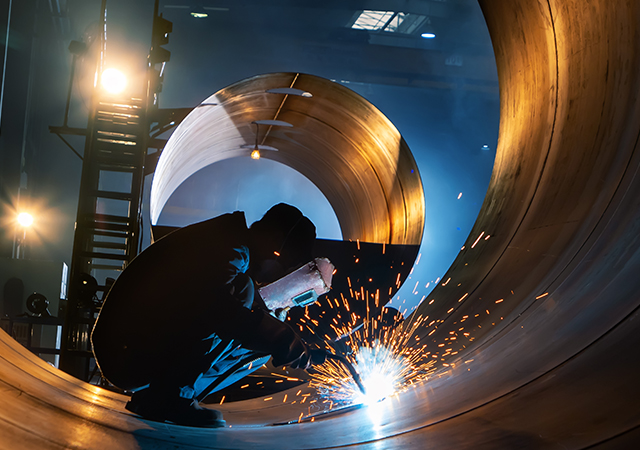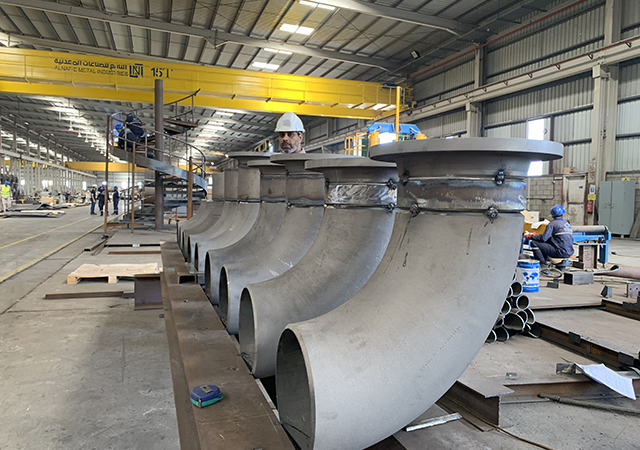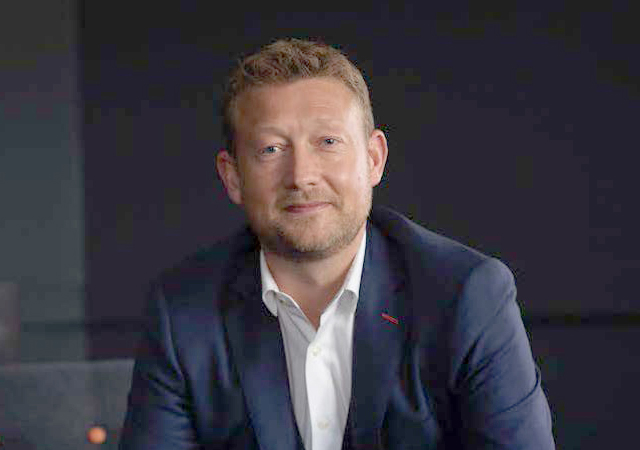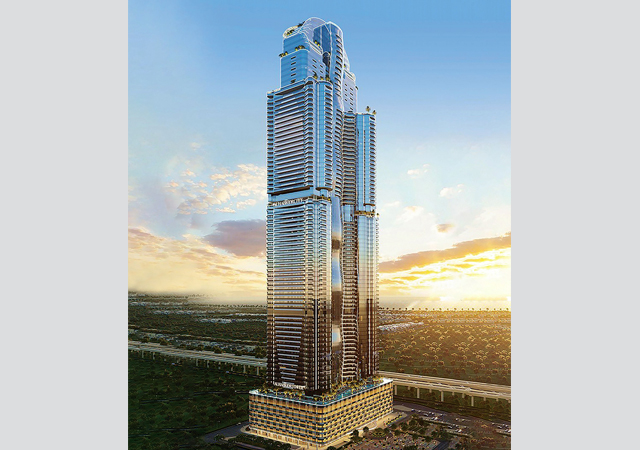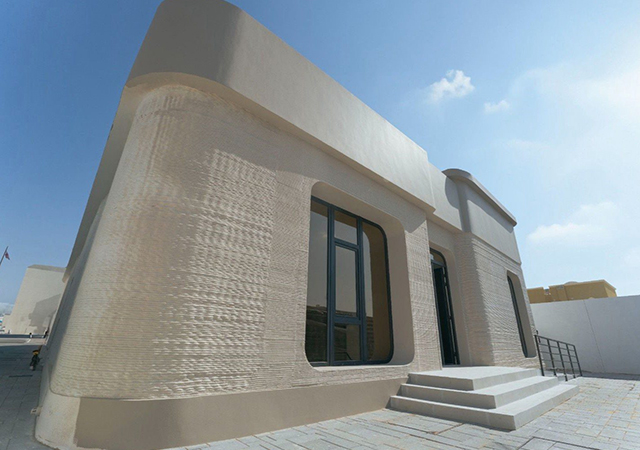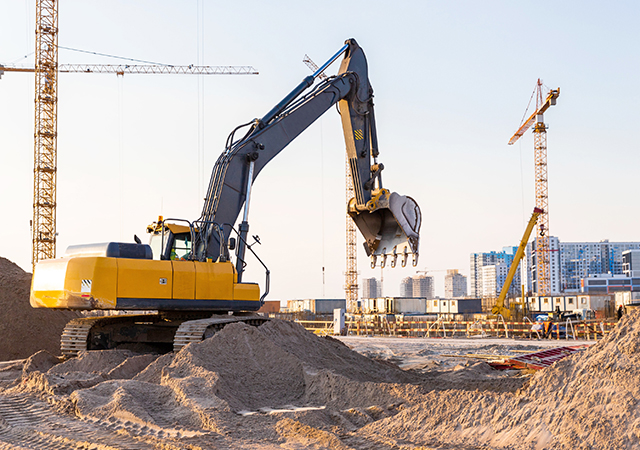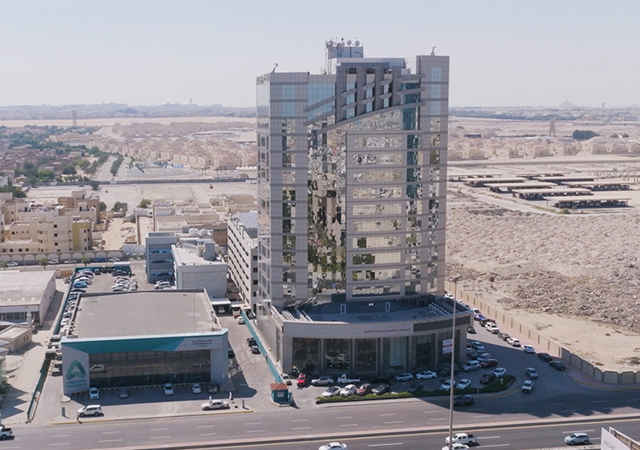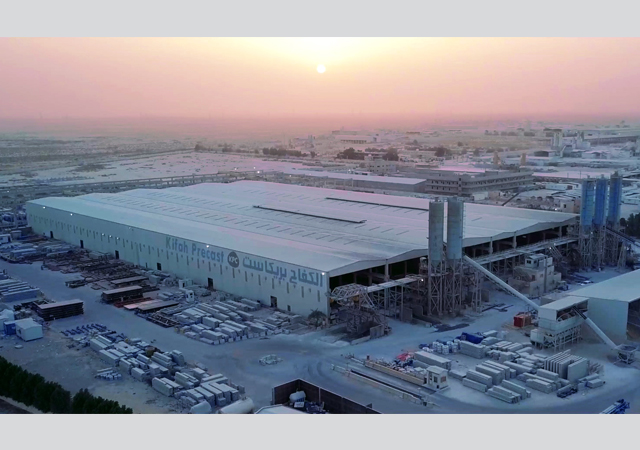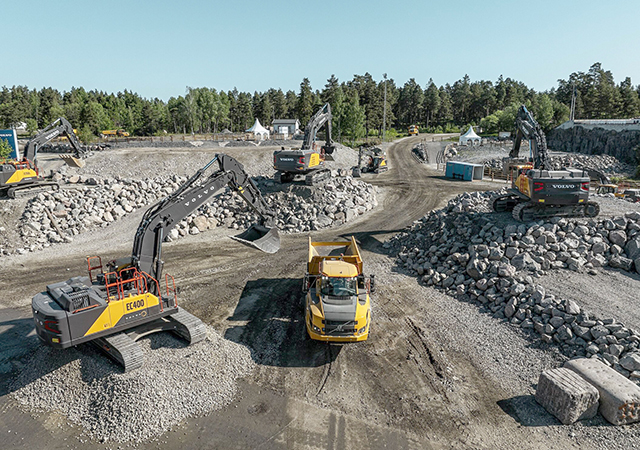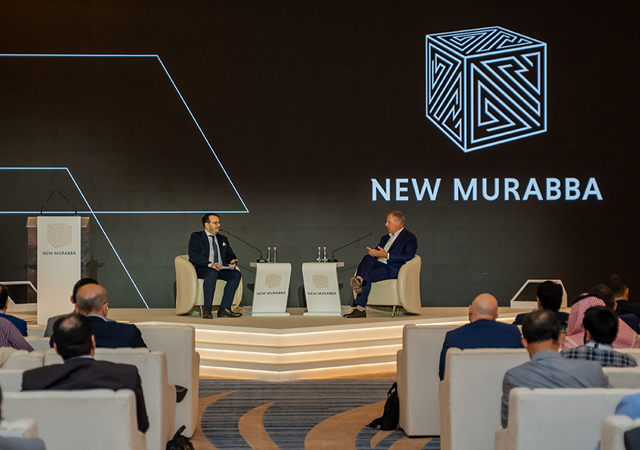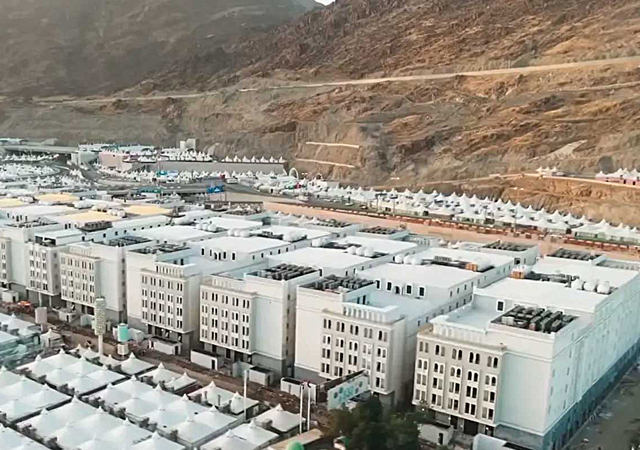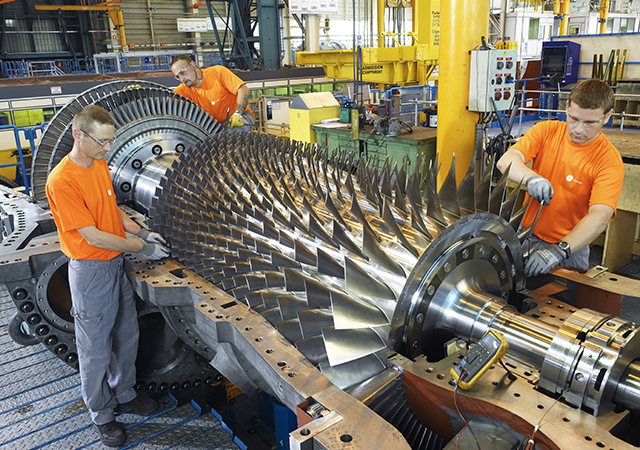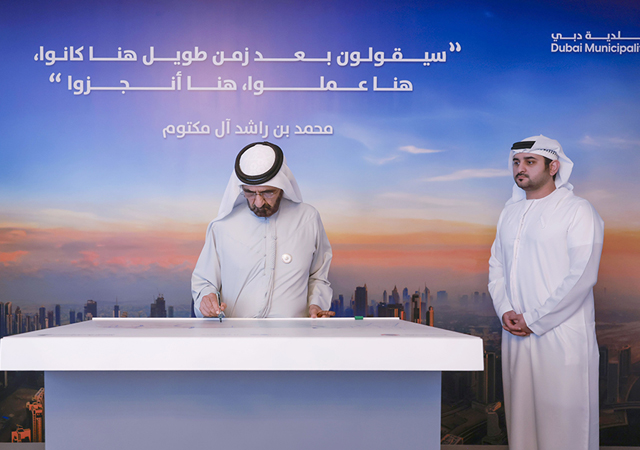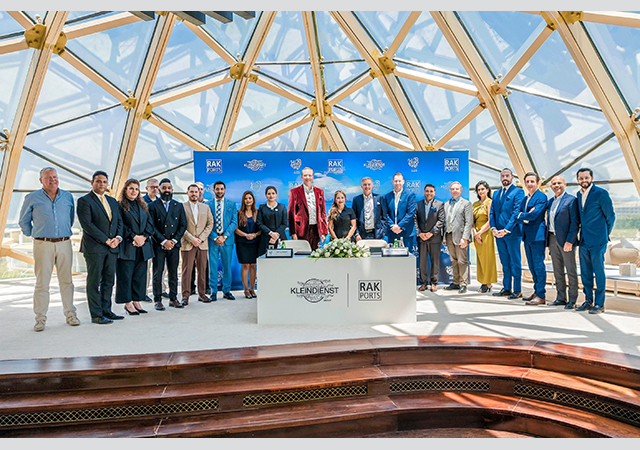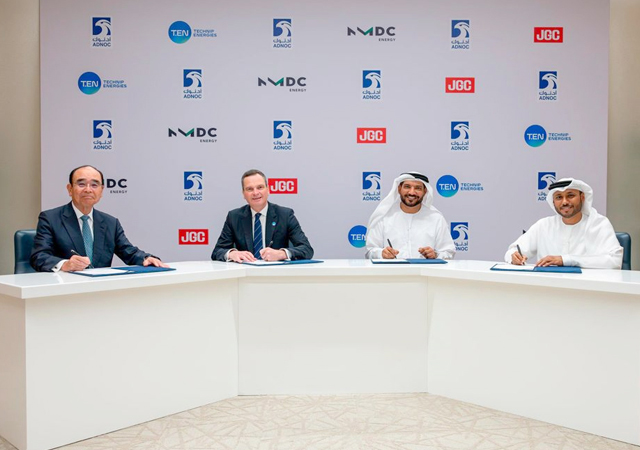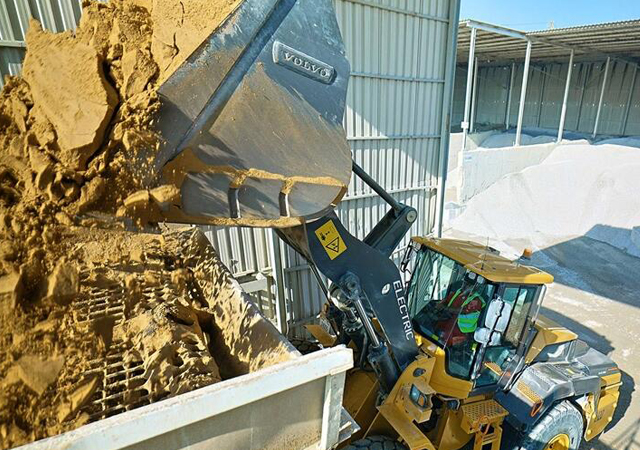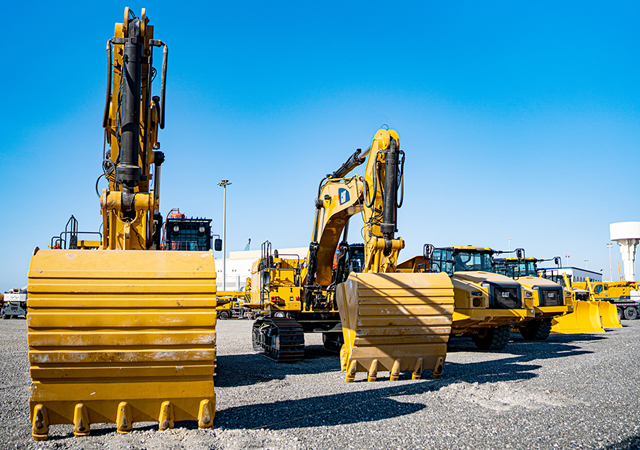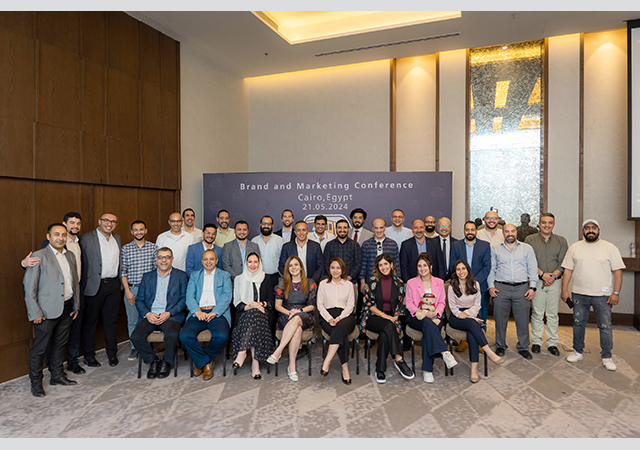
 Jordan ... court will not give weight to an expert witness’s opinion if it believes he/she is a “hired gun”.
Jordan ... court will not give weight to an expert witness’s opinion if it believes he/she is a “hired gun”.
We are all familiar with expert witnesses. In construction projects, we often fall into dispute and, when we do, we often need technical experts to help us (and the court and arbitrators) to identify and quantify liability. Delay and disruption claims call for critical path delay analysis and cost quantum reports. Defects and plant performance disputes call for engineers of every kind. Who hasn’t enjoyed a few days learning about transverse cracking in welded joints?
There are, however, rules (and good practice) around the way experts are appointed, briefed and managed. This is partly because expert witnesses have particular duties to courts and arbitral tribunals. Unlike the lawyers, an expert witness’s primary duty is to assist the court or arbitral tribunal in deciding the technical questions in hand. The expert’s role is to give impartial and dispassionate technical evidence, and not to be an advocate for their client’s position. This is the position both in the courts and under the commercial arbitration rules that govern construction disputes – and it is reflected in industry guidance such as the Chartered Institute of Arbitrators Protocol for the Use of Party-Appointed Expert Witnesses in International Arbitration.
Above all, the court or tribunal will not give weight to an expert’s opinion if it believes that the expert witness is a “hired gun” ready to say whatever suits their client’s case. Equally, this doesn’t mean that parties are expected to select an expert at random and disclose whatever report he or she decides to write, regardless of the impact. So of course, parties walk the line between these positions, by taking great care in selecting, briefing and managing expert witnesses. This selection process includes getting an understanding of the expert’s true level of expertise on the technical questions in hand, and an understanding of their approach to similar issues. This is common sense and is a legitimate exercise, but parties need to take care with it, as we see in the dispute outlined below.
But what if it goes wrong? Can a party who has appointed an expert then discontinue the appointment and search for another one? The answer is – it depends on the circumstances; in particular, the timing and the scope of the original appointment, and what went wrong.
If what went wrong was simply that the original expert’s report on the technical issues in hand, is not supportive of the appointing party’s case (or is plainly opposed to it) then trying to change the expert is true “expert shopping” and, for obvious reasons, tribunals strongly discourage it.
Depending on the circumstances, we have seen that tribunals will allow substitution, subject to imposing conditions relating to loss of privilege in relation to the original expert’s undisclosed report and sometimes drafts of that report and other records indicating the original expert’s views.
How strict is this? What if an expert was appointed before proceedings started, or before there was any dispute? A party might argue that the original expert was not appointed in order to give evidence in formal proceedings, but just to investigate a technical question, so that the party understands it. Whilst the specific circumstances of each case will vary, parties should not assume that the issue of formal proceedings is a “cut off point” allowing experts appointed before that to be put aside. We have seen courts require the disclosure of reports, drafts and other notes where it appears that an expert was appointed at a time when there was at least the prospect of a formal dispute.
A recent dispute (Avantage [Cheshire] Ltd v GB Building Solution) illustrated the approach of tribunals where there were different reasons for substitution. This dispute arose from the destruction of a building by fire. The claimant had appointed two experts: a forensic scientist and a fire engineer – and applied to substitute both of them.
The scientist had become seriously ill and could not continue with her duties. The court allowed this without conditions except disclosure of some site visit notes that contained factual evidence – as opposed to any opinion from the expert.
In contrast, the claimant said that the fire engineer simply was not sufficiently focused on the tasks, and had not made careful reviews of the documents. The judge allowed the change, commenting that it is in the interests of justice that parties are allowed to rely on experts in whom they have confidence. However, the court required disclosure of the engineer’s reports, draft reports and other notes expressing an opinion on the technical questions in hand.
So – the court recognised that losing confidence in an expert is not the same as expert shopping but the imposed conditions were still tough. Tribunals take a strict line against anything that looks like expert shopping, so if there is any prospect of something becoming the subject of a dispute, parties need to be careful right from the outset about making approaches to potential expert witnesses.
* Stuart Jordan is a partner in the Global Projects group of Baker Botts, a leading international law firm. Jordan’s practice focuses on the oil, gas, power, transport, petrochemical, nuclear and construction industries. He has extensive experience in the Middle East, Russia and the UK.


